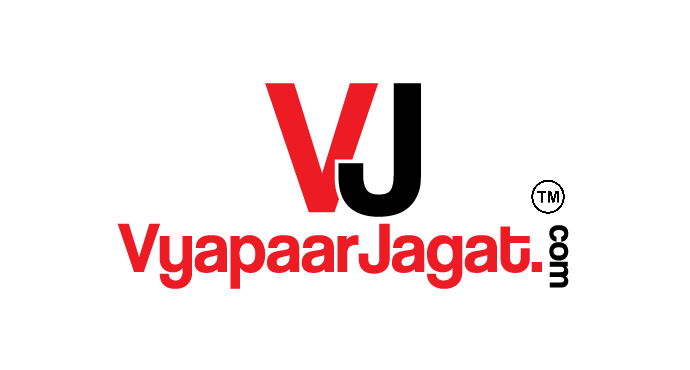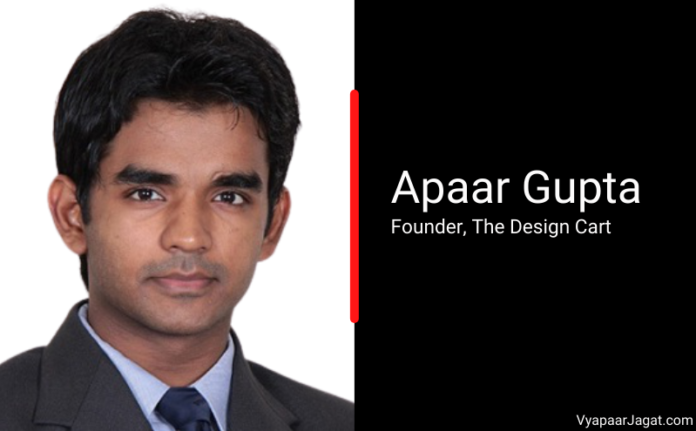The one thing that a person has to do to start his/her journey as an entrepreneur is to identify a problem and provide a solution in an effective and efficient way, also at a low price but also be profitable. The journey of The Design Cart reflects the same.
This is the story of Apaar Gupta, the founder of The Design Cart, which is an Indian b2b textile marketplace based in New Delhi.
Founded in 2018, The Design Cart brings various products ranging from fabric to embroidery and clothing supplies under one roof.
The Start
Apaar, who is a software engineer and an MBA graduate, had a strong connection with the fashion sector, given the fact that his family has had an association with the sector over the last 30 years.
Having worked in two of India’s top startups, Apaar started the Design Cart as a weekend project to assist his family to establish an online presence and generate additional money.
Along with his full-time day job, he learned how to create a website, clicked thousands of product photos, classified them, and began reaching out to potential clients in the first six months.
He managed to obtain his first few customers by spamming different Facebook groups on fashion design, embroidery, garment design, beading, and so on. However, it was when he began setting up in-person meetings with fashion designers that he made his major breakthrough. To give his idea a concrete structure he held meetings every weekend, and within six months, he had met over 800 fashion designers from around the country.
Source of Idea
There was a common thread of feedback among them: raw supply procurement is a serious issue for which there is no tech-enabled solution. This unfiltered criticism pushed him to quit his well-paying “stable” position and establish his own business. After identifying the problem, he spent roughly two months psychologically prepare himself and his family for some financial instability before leaving his job in November 2017 to pursue this possibility full-time.
On the brighter side, he actually requested a three-year extended vacation from his wife in order to kickstart his firm and build it into a global enterprise. His wife enthusiastically agreed and supported him in his path of hard work.
Today, The Design Cart is a fashion industry B2B sourcing platform that assists fashion designers, studios, and garment manufacturers in obtaining their raw materials. They are presented solely operating in India, where they assist the fashion industry in sourcing textiles, fabrics, accessories, and trimmings while also decreasing procurement timeframes and prices by over 30%. It is not easy to ignore the rise and popularity of e-commerce, dare not compete with it. Keeping this in mind Apaar opened his company’s internet store in January 2018, and he has been in charge of it for two years.
In terms of operations, they are similar to Amazon’s marketplace, but exclusively for the fashion supply chain. They operate as a managed marketplace with unique technology on the backend to ensure smooth operations, which is the most essential function in many marketplace models and may make or break your business.
The Growth
They have now collaborated with some of India’s leading fashion and jewelry designers, as well as some marquee garment companies. After much hard work and due diligence, their monthly turnover peaked at $80k+ in February 2020, right before the Covid-19 crisis erupted and brought everything to a halt.
Over the last two years, they have worked with 20,000 different designers and businesses all over the world. Their supply network, on the other hand, has been rapidly increasing, and their technology is currently used by over 200 large-scale manufacturers and merchants in India. They are able to assure that form, size, or colours are never a restricting constraint for their client’s thanks to a vast supply network.
On their website, there is always something fresh to discover. They strive for the best potential standard of “Customer Satisfaction.” Their order fulfillment and delivery teams guarantee that their customers’ items arrive as soon as they are available, while their customer engagement team believes in mutual growth via helpful cooperation.






